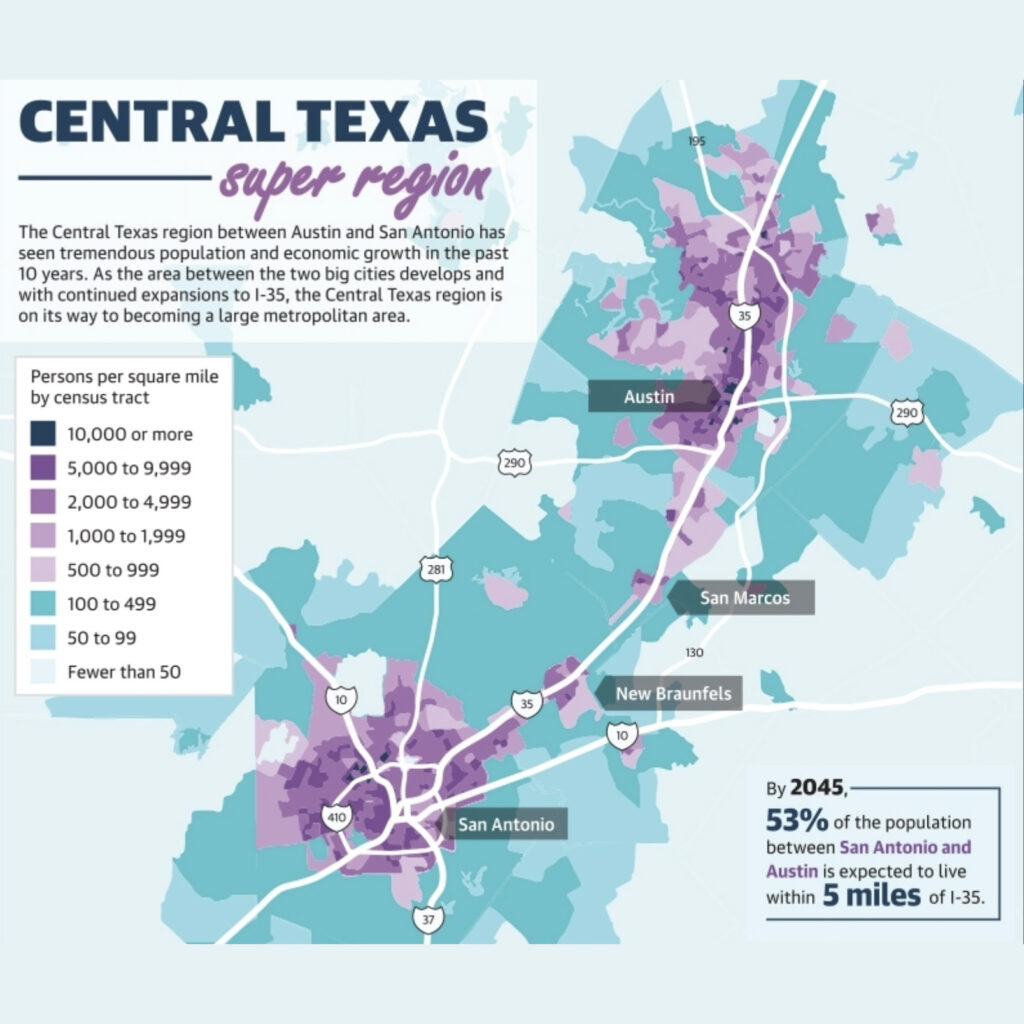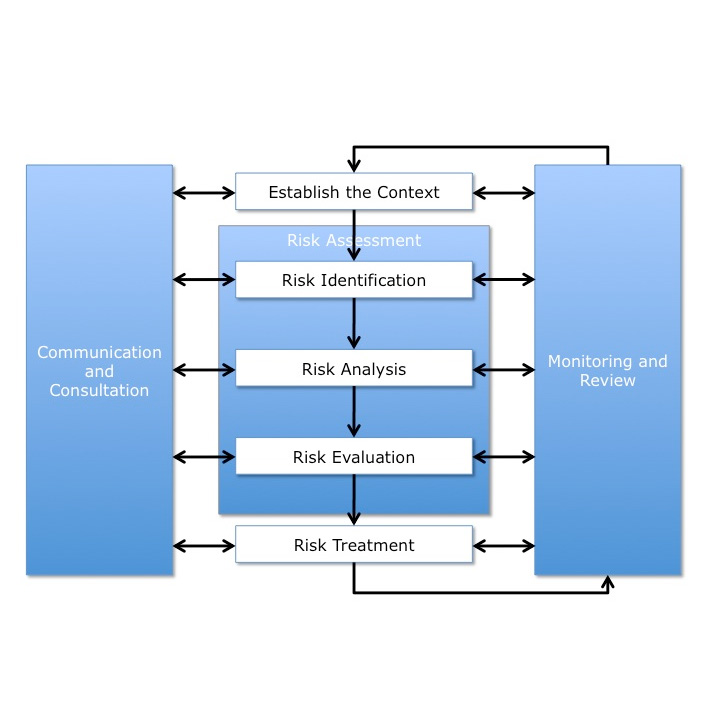“The best way to predict the future is to create it.”
— Peter Drucker
How to Expedite Design and Construction Operations in Municipal CIP Bond Programs Post-Election
The successful passage of a municipal bond election marks a pivotal moment for a community, as it unlocks the funding needed for critical capital improvement projects (CIPs). However, ensuring that the vision promised to voters becomes a reality requires swift action. The time between election day and breaking ground on projects can significantly impact public perception and program outcomes. To expedite design and construction operations, municipalities must lay critical groundwork well before the election. This proactive planning involves assembling a strong team of partners, identifying innovative financing opportunities, and establishing intergovernmental frameworks.
1. Select Key Consultants Before the Bond Election
One of the most effective ways to hit the ground running post-election is to pre-select your key program partners:
General Engineering Consultant (GEC)
A GEC provides overarching technical guidance, including feasibility assessments, scope development, and design oversight. Engage a consultant with experience in CIP bond programs and a deep understanding of your community’s infrastructure needs. By onboarding the GEC early, you can begin conceptual designs and engineering studies even before the bond passes.
Program Management Consultant (PMC)
Program management consultants specialize in budget control, scheduling, compliance, and stakeholder communication. Bringing a PMC onboard early ensures that the administrative and logistical frameworks are in place to support accelerated project timelines. PMCs also bring valuable expertise in risk management, ensuring that potential delays are mitigated before they arise.
2. Explore Public-Private Partnership (P3) Opportunities
Public-private partnerships can bridge funding and operational gaps, enabling municipalities to start projects faster. A third-party P3 advisor can assess which components of the bond program are suitable for private-sector involvement. For example, P3s are particularly effective for large-scale transportation or vertical construction projects where private developers can contribute both capital and expertise.
To maximize the effectiveness of P3s, municipalities should conduct a market sounding process before the bond election to gauge private-sector interest and identify viable partnership models.
3. Establish Inter-Local Agreements (ILAs) and MOUs
Collaborating with other governmental entities is another key strategy for expediting project delivery. Inter-local agreements (ILAs) or Memorandums of Understanding (MOUs) provide a legal framework for shared services, resources, or funding.
Examples of Effective ILAs:
- Partnering with neighboring municipalities for shared utility upgrades or roadways.
- Collaborating with county governments for streamlined permitting processes.
- Coordinating with school districts to align infrastructure improvements with educational facility needs.
Negotiating and drafting these agreements before the bond election ensures that all parties are aligned and ready to act once funding is secured.
4. Conduct Preliminary Environmental and Permitting Studies
Environmental reviews and permitting processes are among the most significant sources of delays in municipal projects. While full studies might require funding from the bond, preliminary assessments can often be conducted beforehand using alternative funding sources or grants.
Preliminary studies allow municipalities to identify and mitigate environmental risks, coordinate with regulatory agencies, and streamline the approval process once design work begins.
5. Engage Stakeholders Early
Building strong relationships with stakeholders—both internal and external—is essential to moving projects forward quickly. Internal stakeholders include city departments, legal counsel, and finance teams, while external stakeholders include community groups, developers, and regulatory agencies.
Establish a communication and coordination strategy to keep all parties informed and aligned. A dedicated stakeholder engagement team can play a crucial role in anticipating concerns and addressing potential bottlenecks.
6. Prioritize “Shovel-Ready” Projects
While long-term, high-impact projects might generate more excitement, it’s essential to prioritize shovel-ready projects in the initial stages of a bond program. Completing visible projects quickly demonstrates progress, builds public trust, and establishes momentum for the program as a whole.
7. Develop a Comprehensive Procurement Strategy
Procurement is often a time-consuming process. Creating a robust procurement strategy before the bond election can reduce delays. This might include prequalifying contractors, establishing job order contracting frameworks, or using cooperative purchasing agreements.
Additionally, consider leveraging alternative delivery methods, such as design-build or construction manager at risk (CMAR), to streamline project execution.
8. Foster a Culture of Transparency and Accountability
Finally, municipalities must ensure that their processes are transparent and that project milestones are clearly communicated to the public. A well-maintained dashboard tracking budgets, schedules, and project statuses can keep stakeholders informed and engaged.
Conclusion
Expediting the transition from bond approval to project execution requires deliberate and proactive preparation. By selecting key consultants early, exploring P3 opportunities, establishing intergovernmental agreements, and laying the groundwork for environmental and permitting compliance, municipalities can ensure that they are ready to deliver on the promises made to voters. These efforts not only accelerate project timelines but also build public trust in the bond program and set the stage for long-term success.
At Front Line Advisory Group, we are pioneers in Capital Improvement Bond Management, leveraging unparalleled expertise and deep industry insights. Our mission extends beyond consultation – we empower our clients to realize the full potential of their investments, ensuring tax dollars are put to maximum use through astute Program Management Consulting. For more information or to commence your journey towards transformative bond management, reach out to us at info@frontlineadvisorygroup.com












